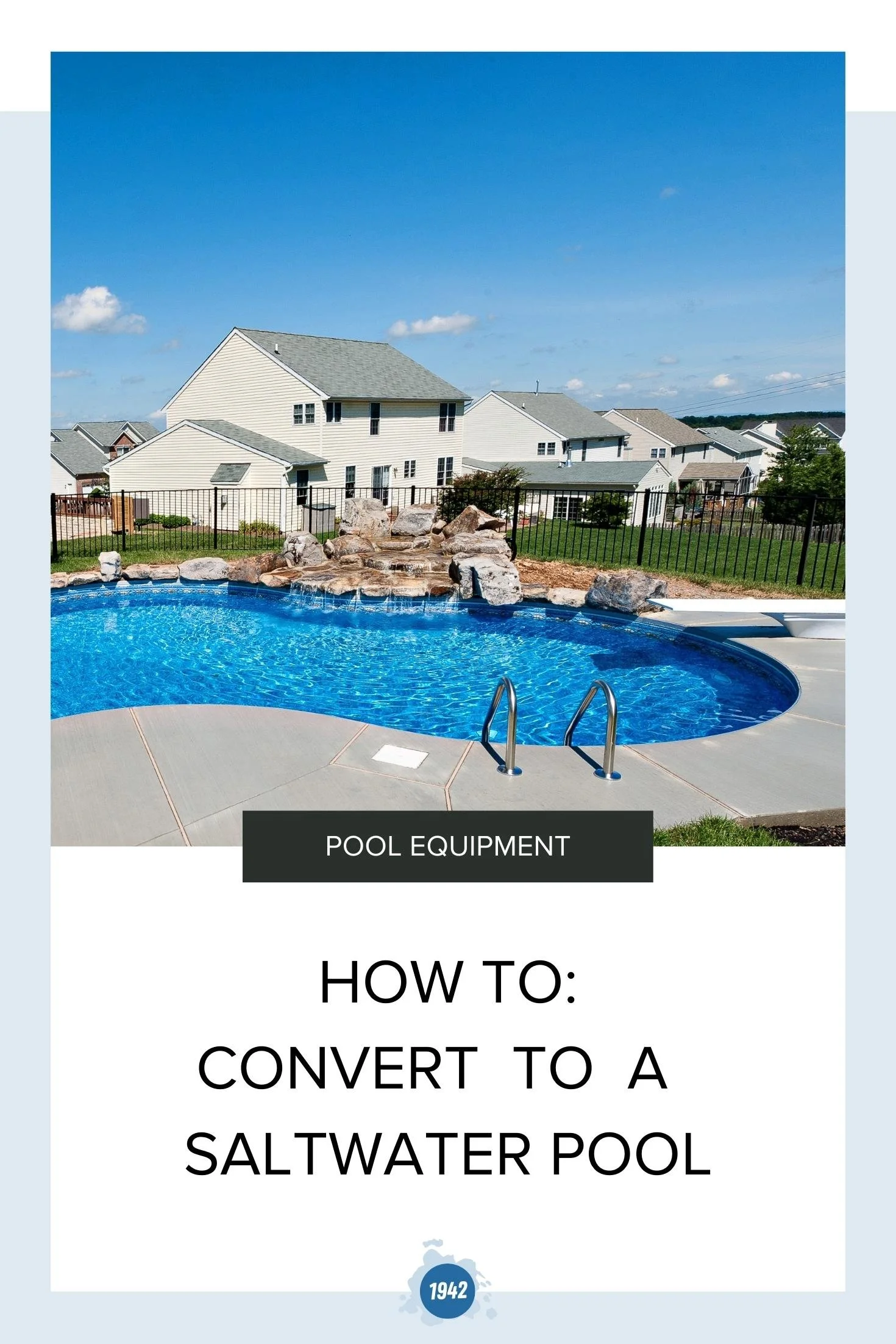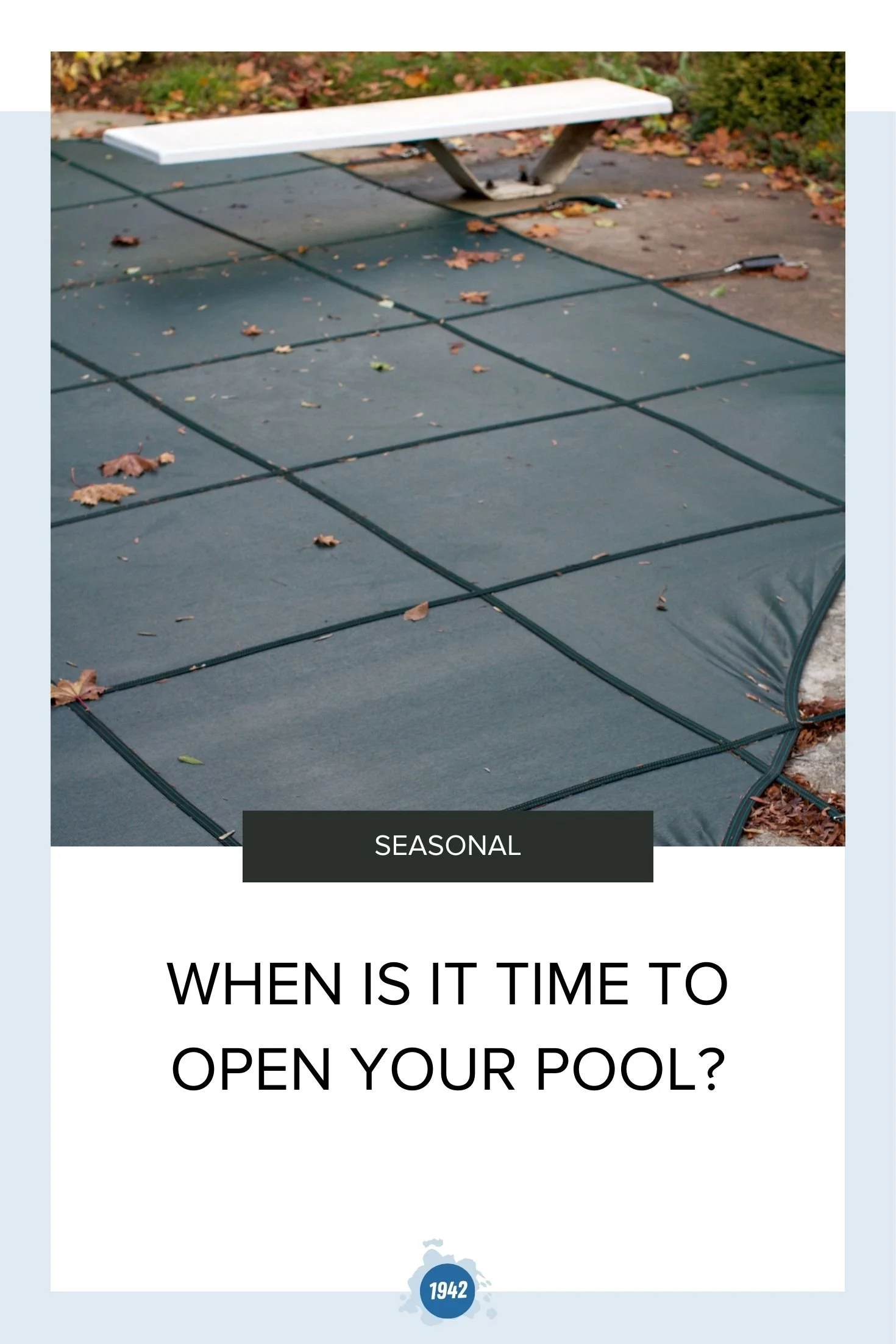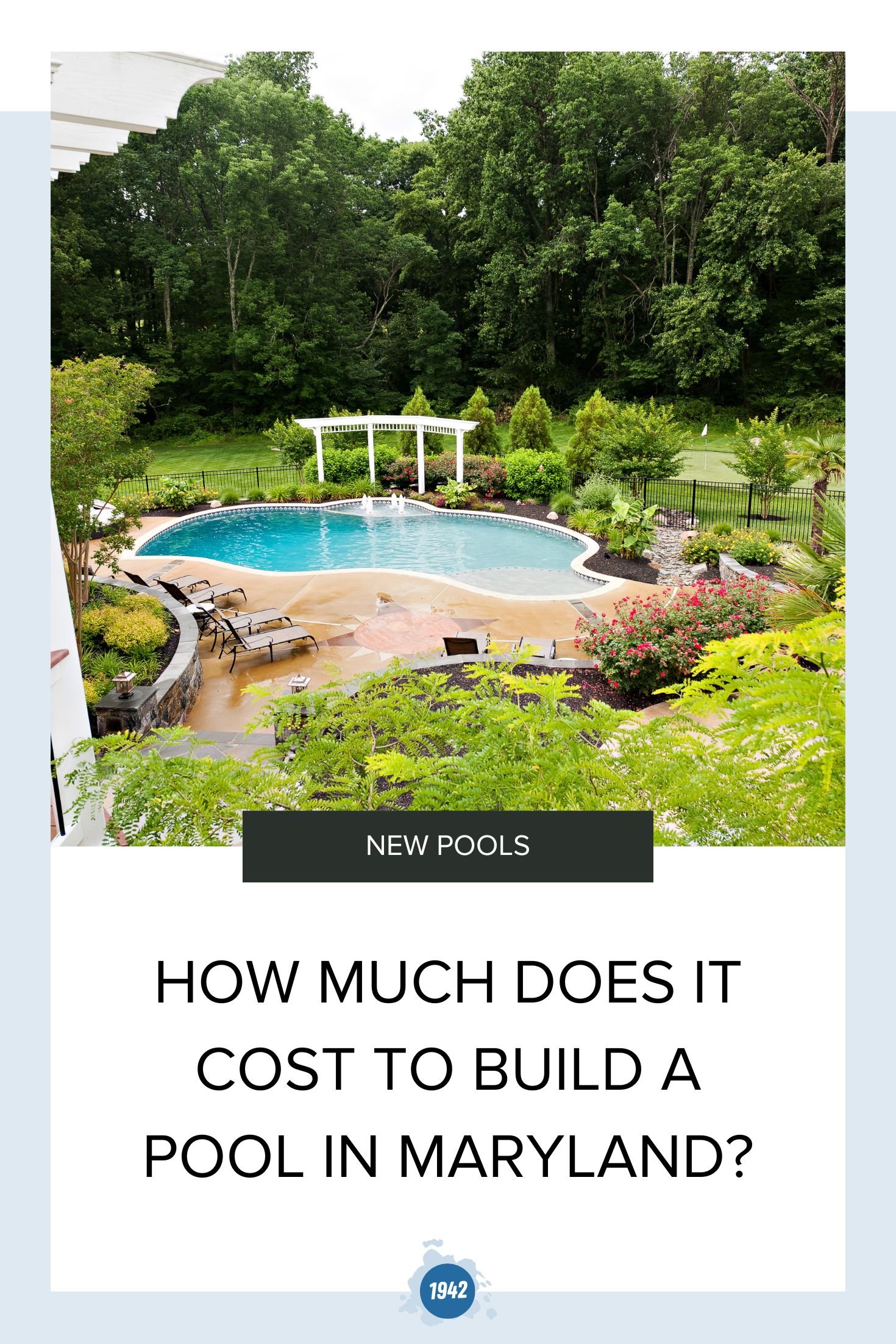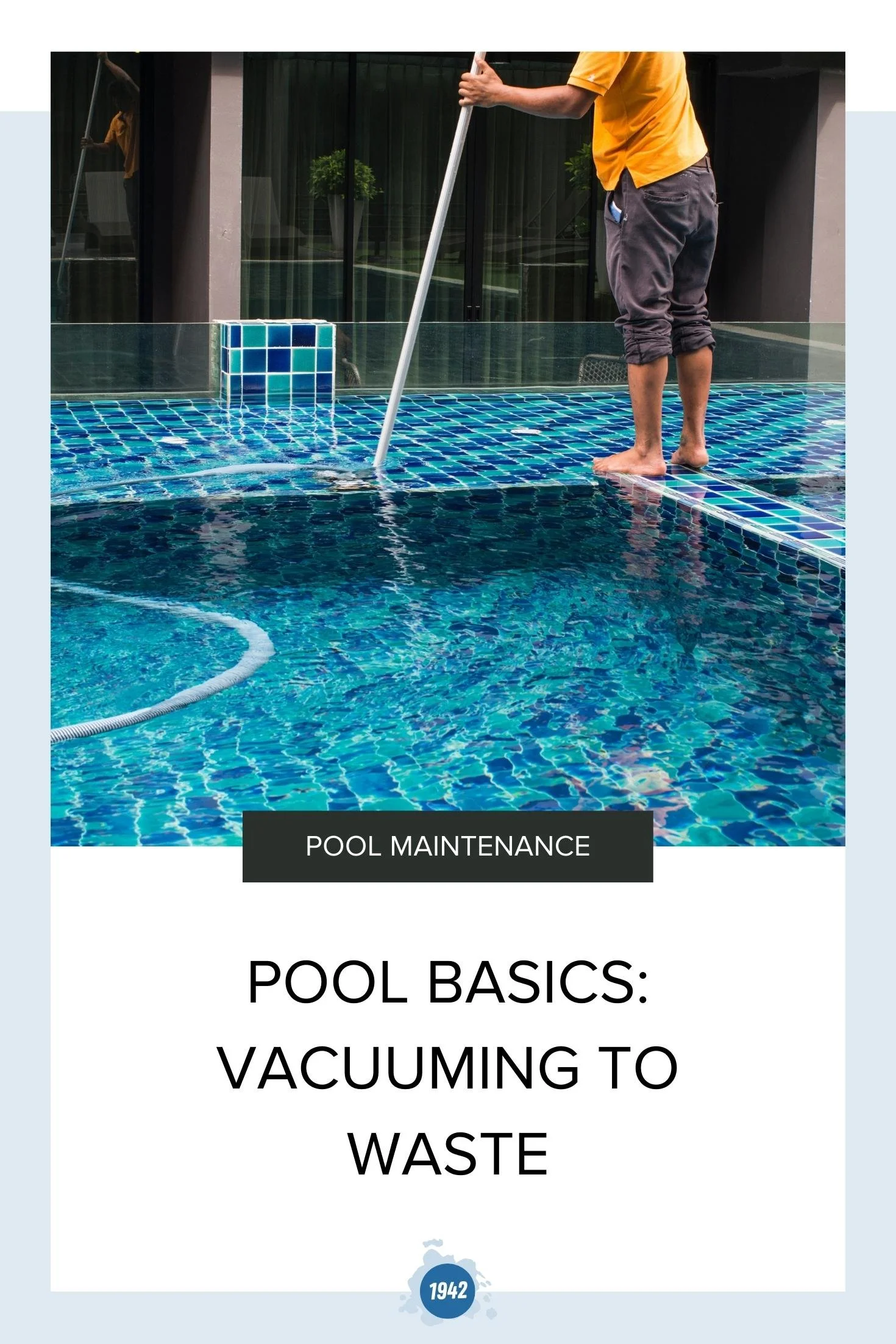Are you curious about how to convert your pool to saltwater? You're not alone. Many pool owners are switching to salt, and it's not as complex as you may think.
Read MoreIt’s official, it’s spring! Here in Maryland, this is the time of year when we start to get a taste of the weather to come. A chorus of birdsong fills the air as the migrating birds return, trees are budding, peepers are peeping, and it’s usually now that many people begin to wonder, “When should I open my pool?”
Read MoreAre you thinking about adding an inground swimming pool to your backyard? Designing and building an inground pool is a significant undertaking that requires careful planning and patience. But one of the first things to consider is how you will finance your new pool.
Read MoreInterest and growth in new backyard pools remain steady heading into 2025, and the industry has largely caught up with demand. A notable observation is that buyers are increasingly interested in integrating their pools with other outdoor living amenities, such as outdoor kitchens, outdoor living rooms, fire pits, and landscaping, rather than focusing solely on the pool.
Read MoreThe state of the economy over the past few years has had a notable impact on the swimming pool industry, shaping consumer behavior and market trends. Here are some key ways the economy has influenced and will continue to influence the industry in 2025:
Read MoreAs pool builders for over 83 years, it's safe to say that the number one question we get is, "How much does it cost to build a pool?" Unfortunately, this question is difficult to answer because every project is unique. However, we understand that budgeting and financing can be challenging without some idea of the costs involved.
Read MoreDesigning and building a custom swimming pool in your backyard is an exciting venture, but it's also a significant commitment of time and money. If you have never designed and built a swimming pool before, it's essential to do your research. One of the first and most important decisions you will face is choosing the right swimming pool designer and builder.
Read MoreAre you considering a new inground swimming pool for your backyard? Most people love the idea of having a swimming pool. I mean, who wouldn't want a swimming pool right in their backyard! If this is a decision that you are considering, there are some important things that you need to think about first.
Read MoreDeciding which type of pool to install is your first step in your pool ownership journey. Making any other decision is easier once you've made that one. But trying to find unbiased information is a challenge!
Read MoreChlorine has been the number one choice to sanitize swimming pools since, well, forever. It has some drawbacks, but it does a great job killing germs and bacteria, oxidizing and deters algae but most importantly (until recently), it has been the least expensive.
Read MoreAll concrete pools are not the same! Here at Browning, we often refer to a concrete swimming pool as a gunite swimming pool. Gunite is a form of concrete that is applied to a surface pneumatically. The formula for concrete in a gunite application has a higher percentage of cement and a lower percentage of water than that of a “cast-in-place” or “shotcrete” concrete.
Read MoreThe interior finish of a pool can transcend its design to a whole new level of style and beauty. There are many types of pool finishes for concrete pools to choose from, including plaster, quartz, and aggregate finishes. Each option comes in an array of materials, colors, and textures - from traditional white plaster to a variegated blend of river pebbles or glass beads.
Read MoreThere are many reasons that we always encourage pool owners to open their pool early; the main one being is to avoid opening a green pool! We are now over one month into the opening season, and the majority of pools we've opened have been green. The lovely warm winter this year has created ripe conditions for algae, and they love it!
Here are 8 proven tips to help get your pool swim-ready in the least amount of time:
Read MoreMany pool owners may think that once you close your pool for the winter, you're finished taking care of your pool until the following spring. Simply not true. Your pool needs year-round attention! Between the winter precipitation coupled with freezing temperatures, real damage can occur to your pool. But no worries! We have some simple tips to follow to make sure that your pool is well taken care of during the winter months.
Read MoreRecently we published an article about how to backwash DE filters. Monthly backwashing is a great way to keep your filter in good shape, but over time as dirt, grime, oils, etc. begin to buildup on your grids, you'll need more than just a backwash.
Here in Maryland, our pools are closed for about 5 - 6 months of the year, so giving your DE filter a full cleaning and inspection once a year is recommended.
The sand in your sand filter needs to be replaced every 3-5 years. Over time the sharp edges of the sand particle become worn and rounded, and the ability to capture contaminants is diminished. If you need a sand change, you will notice that your pool water is not as clean, and the interval between backwashing is shorter and shorter.
Read MoreThe pool filter is one of the most important yet often overlooked pieces of equipment within your circulation system. A filter doesn't require electricity, and there aren't many moving parts, but what it does have is pressure. Every pool filter has a pressure gauge, and by understanding how to read the pressure gauge, you will be able to see a snapshot of how your pool system is doing as a whole.
Read MoreEvery swimming pool needs a manual vacuum even if you own an automatic cleaner. Automatic cleaners are such a time-saving piece of pool equipment, but some issues can come up that your automatic cleaner cannot clean. THE TOP REASON TO VACUUM TO WASTE - ALGAE BLOOMS! The last thing you want to do is vacuum algae manually, which will contaminate your filter. Your pool will not clear up. In fact, the chances of your problem getting worse are very high. You'll also need to vacuum to waste when there is a large amount of debris or leaves in the pool, usually at opening.
Read More



















